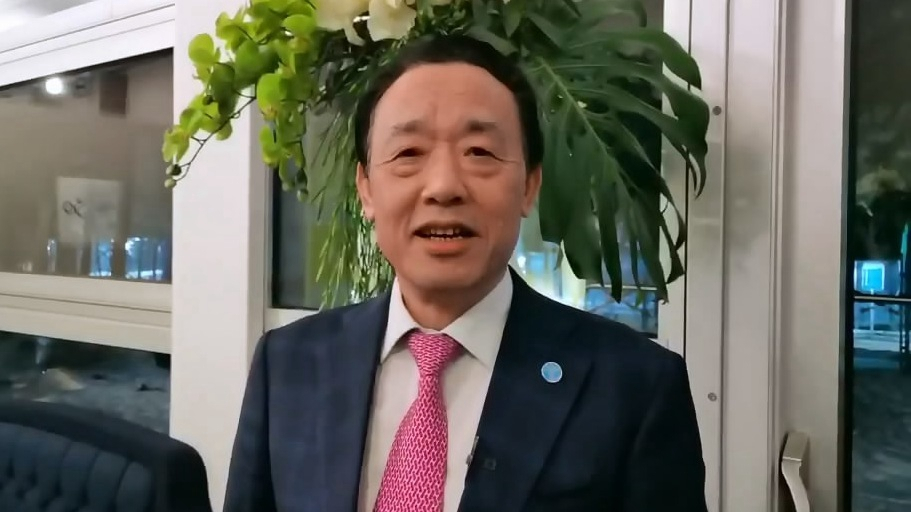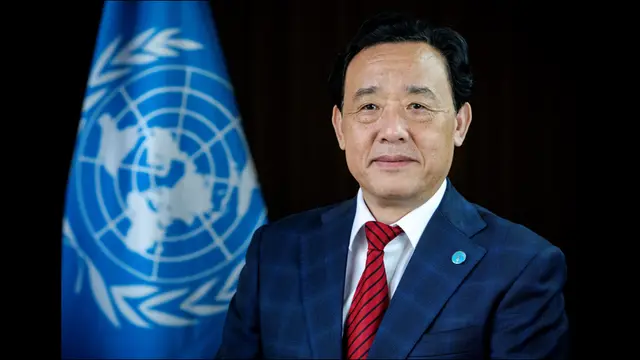The United Nations' sustainable development goals (SDGs) will shape national development plans over the next 10 years. From ending poverty and hunger to responding to climate change and sustaining natural resources, food and agriculture lies at the heart of the 2030 Agenda.
Qu Dongyu, Director-General of the Food and Agriculture Organization (FAO) of the UN, considers innovation a necessity in meeting the SDGs.
"Definitely without innovation, you cannot meet the SDGs… not only innovation of technology and science but also innovation for base model approach and implementation," he told CGTN.
According to FAO's estimates, 9.2 percent of the world population (or slightly more than 700 million people) were exposed to severe levels of food insecurity in 2018, while an additional 17.2 percent of the world population, or 1.3 billion people, have experienced food insecurity at moderate levels.
As the global challenges are changing, the world needs to increase the food quantity in an efficient and proper way, Qu mentioned.
"On the other hand, nowadays we have more people suffering from the malnutrition. Two billion people are overweight… We have 90 percent of people have enough food but they are more aiming at the variety of food," Qu noted, adding that the new phenomenon asks improvement of food quality and more alternatives of food.
"And all those issues should be worked in a holistic way. And [we should] also bring in all the key players – private sector, civil society, international organizations and government," Qu advised.

Qu Dongyu, Director-General of the Food and Agriculture Organization of the UN. /CGTN Photo
Increase in extreme weather affecting food production
Climate change was the main topic at this year's World Economic Forum annual meeting in Davos. And Qu said climate change is affecting the global food system.
Extreme weather can result in a severe scarcity of food, increase the proliferation of diseases and have a negative impact on soil.
Consequences include "more diseases are on a larger scale and the quicker pace in damage to crops and animals. It is also a negative impact on the soil," he concerned, adding that climate change speeds up the loss of biodiversity as well.
The future of farming is critical to dealing with the global food supply. Qu called the transformation from small-scale farming to the large-scale one a "century topic." Especially for developing countries, "it will take a long time transforming from smallholding farmers society to the medium or large scale [farming]," Qu told CGTN.
China's experience on alleviating poverty
Over the past 40 years, Qu has witnessed, participated and led some projects to help people get rid of poverty. Therefore, as the first Chinese to head FAO, Qu considered that the global society could learn from China's experience in alleviating poverty and increasing food security.
"During the past 40 years, the Chinese government put a lot of effort into helping people get rid of poverty. That's highly recognized and appreciated by the international community. About 800 million people have risen out of poverty. It's a historic achievement in the history of mankind," he said.
(CGTN)
 简体中文
简体中文

